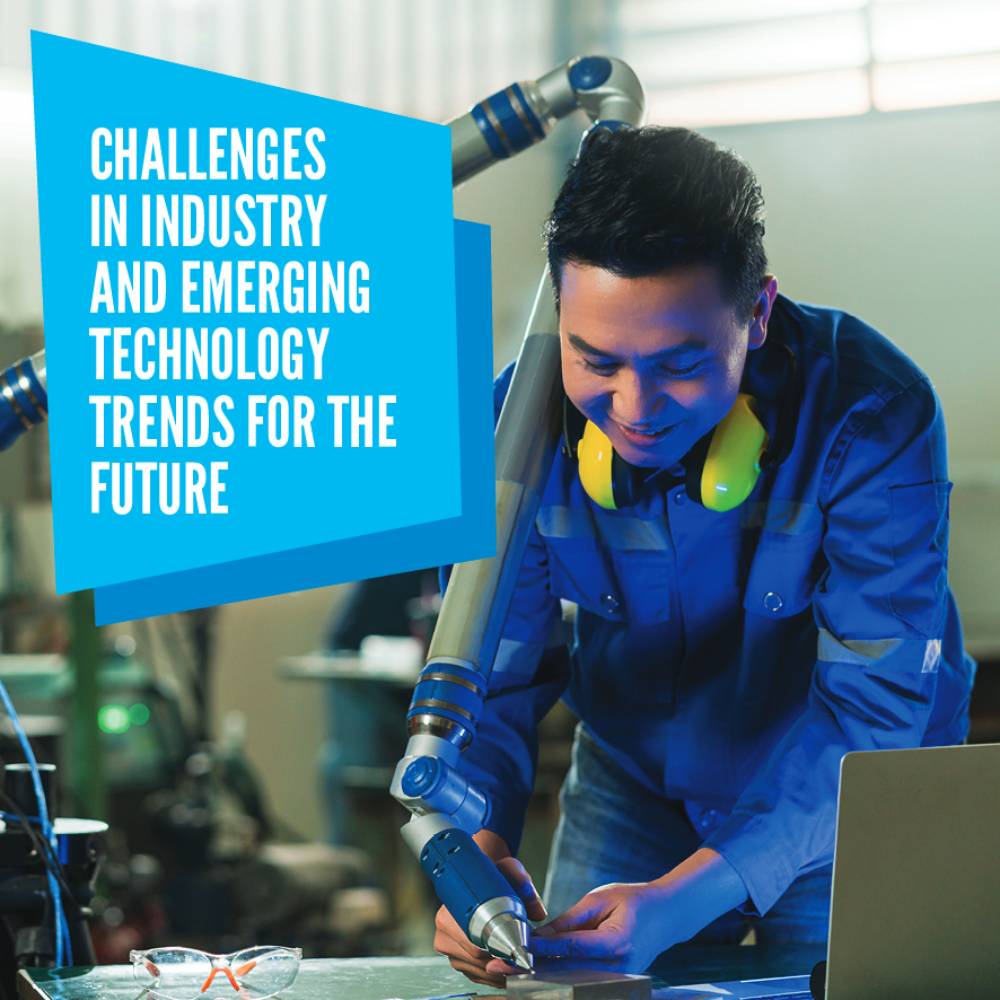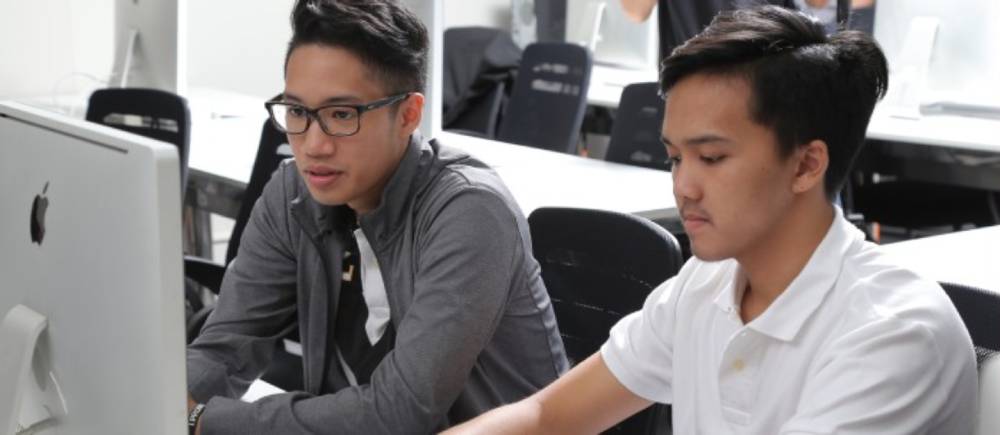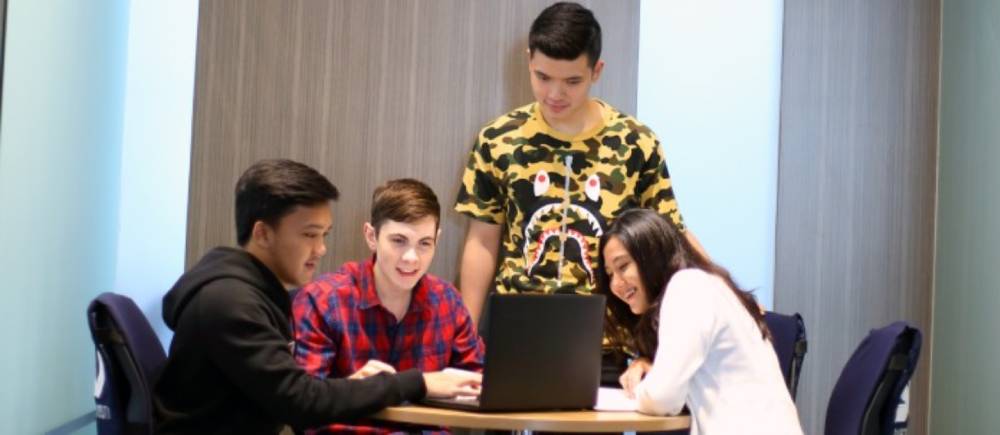
Challenges in Industry and Emerging Technology Trends for the Future
The industrial landscape is encountering a myriad of challenges as it navigates the complexities of the 21st century. One of the foremost challenges is the rapid evolution of technology. Industries are facing a pressing need to adapt to technological advancements such as Artificial Intelligence (AI), Internet of Things (IoT), and automation. These innovations, while promising unparalleled efficiency and productivity, demand substantial investments in training the workforce to harness their full potential. Industries must grapple with integrating these technologies seamlessly into their existing infrastructures, all while ensuring data security and privacy, marking a significant challenge for the future.
Another crucial challenge on the horizon is environmental sustainability. With a growing global focus on climate change and environmental preservation, industries are under immense pressure to adopt eco-friendly practices. Reducing carbon emissions, minimizing waste, and embracing renewable energy sources are becoming imperative. The challenge lies not just in the implementation of these practices but also in making them economically viable. Innovations in green technologies and sustainable manufacturing processes will play a pivotal role in overcoming this challenge, ensuring a greener future for industries worldwide.
Additionally, the workforce of the future is set to face a significant transformation. The rise of automation and AI technologies is reshaping traditional job roles, leading to concerns about job displacement. Skilled workers in various fields will need to adapt continuously and acquire new skills to remain relevant in the job market. Moreover, industries will face challenges related to workforce diversity and inclusion, requiring them to create environments that are inclusive of different cultures, genders, and backgrounds. Embracing diversity not only enhances innovation but also fosters a more equitable society.
Looking forward, several technology trends are poised to revolutionize industries. Augmented Reality (AR) and Virtual Reality (VR) are anticipated to become integral tools in sectors ranging from education and healthcare to manufacturing and entertainment. These technologies will offer immersive experiences, enhancing training programs, customer interactions, and product visualization. Moreover, Blockchain technology is expected to transform supply chain management by ensuring transparency, traceability, and security in transactions. Quantum computing, although in its nascent stages, holds the promise of solving complex problems that are currently beyond the capabilities of traditional computers.
In conclusion, while industries face formidable challenges in the form of technological advancements, environmental sustainability, and workforce transformations, these challenges also pave the way for innovative solutions. By investing in research and development, promoting sustainable practices, and fostering a skilled and diverse workforce, industries can navigate these challenges and harness the emerging technologies to create a more efficient, sustainable, and inclusive future. (Vid/DM)
Are you fascinated by the intricacies of Industrial Engineering?
If you are deeply passionate about unraveling the complexities of Industrial Engineering, Swiss German University (SGU) offers a transformative gateway to a thriving career in this dynamic field. At SGU, students pursuing Industrial Engineering undergo rigorous and comprehensive training. Our program equips students with cutting-edge skills and knowledge essential in the ever-evolving industrial landscape. Upon completion of the program, students have the opportunity to obtain industry-recognized certifications tailored to their interests and career goals. These certifications not only augment their expertise but also facilitate a seamless transition into the professional arena. Graduates with a bachelor’s degree in Industrial Engineering from SGU are well-prepared to explore diverse and global employment opportunities. In the realm of innovation, creativity plays a pivotal role in achieving success. Our program is meticulously crafted to nurture creative and inventive thinking among students. By choosing SGU for your Industrial Engineering education, you embark on a transformative journey that hones your passion and readies you for a rewarding career in the ever-evolving world of industrial innovation. Explore our detailed curriculum by clicking the button below. If you are eager to delve deeper into the realm of Industrial Engineering at SGU, feel free to connect with our dedicated consultants. Your exciting odyssey toward a fulfilling career in Industrial Engineering begins here.
Tentang SGU
SWISS GERMAN UNIVERSITY (SGU) is an international university in Indonesia, was established in 2000 as a joint effort between Indonesia, Germany, Switzerland, and Austria. We are the pioneer in offering international curricula in Indonesia. Qualified students can graduate with a Double Degree from Indonesia and Germany, which SGU provides in cooperation with partner universities; surely a valuable tool for your future careers. Ever since its establishment, SGU has been dedicated to delivering quality education in line with international standards and aims to develop skilled professionals who meet the demands of the industry. In order to achieve its objectives, SGU offers quality-oriented learning through 14 Bachelor’s Degree Programs and 6 Master’s Degree Programs ranging from Engineering, Information Technology, and Business to Life Sciences and Social Sciences. Furthermore, with small class sizes, and with English as the medium of instruction, you can look forward to pursuing your tertiary education and degree with full confidence.


